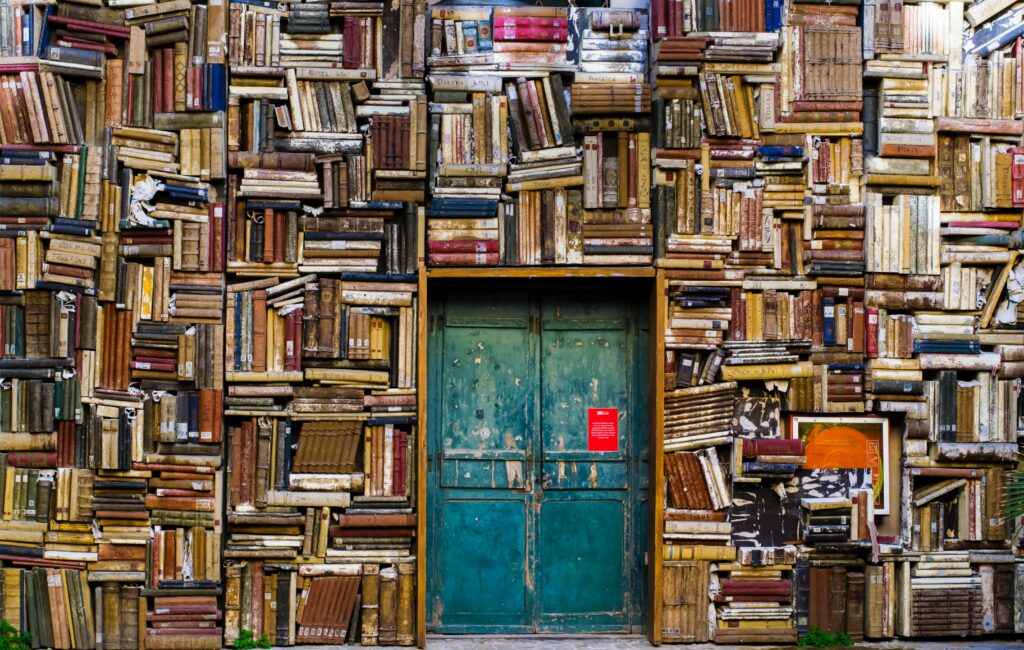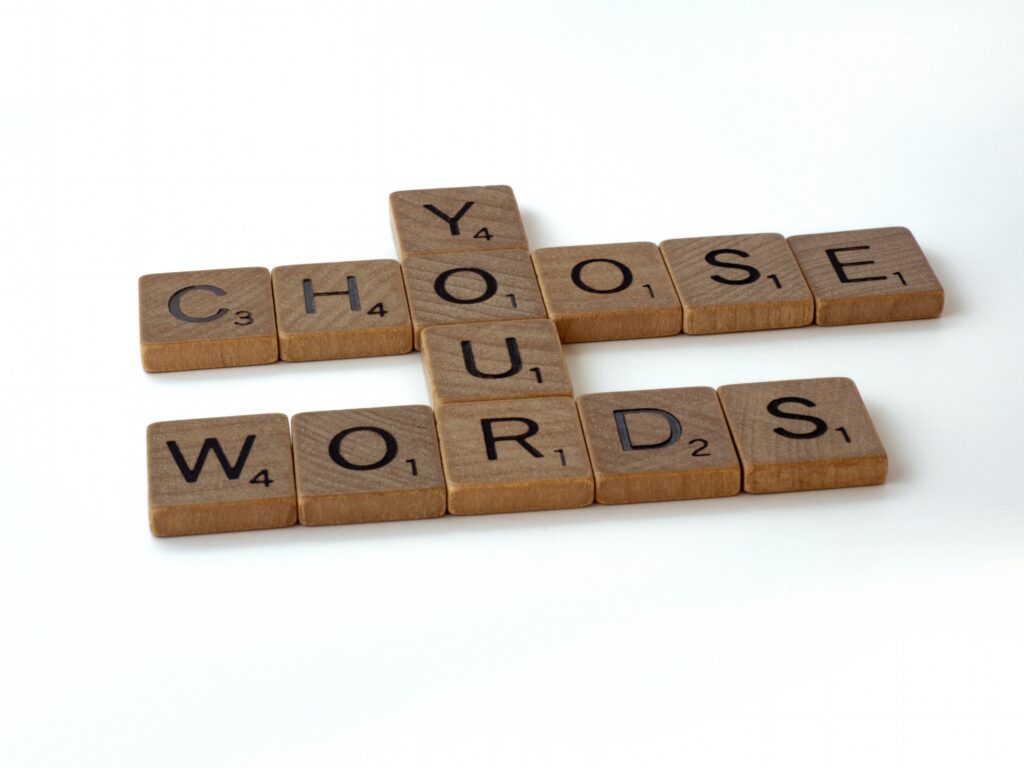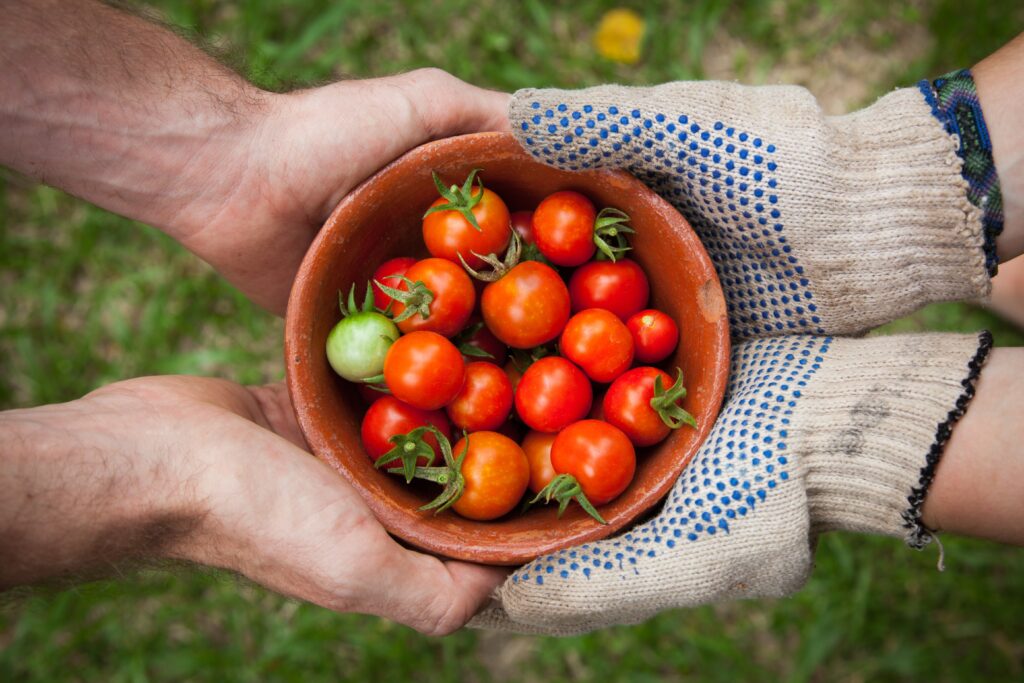
Today, my brother and I went for lunch with some church friends, where we decided to stop by at an Aldi after just to buy some Kombucha. Little did we know, however, that this bottle of Kombucha would be the most hard-earned Kombucha ever known.


Today, my brother and I went for lunch with some church friends, where we decided to stop by at an Aldi after just to buy some Kombucha. Little did we know, however, that this bottle of Kombucha would be the most hard-earned Kombucha ever known.

The book titled “The Elephant in the Brain” has been a rather fascinating read, in which it has tried to provide a very honest and incisive perspective of humanity. The books objective is to address the ‘elephant in the room’, in other words what is unspeakable in society with regards to the many facets comprising the human condition. In this post I’ll be exploring the ideas brought forth in Chapter 11 of the book, which explores the nature of art.

When I was young and immature as I was back in primary school, I despised reading. With the myriad of options available to me – playing on the Nintendo DS with all its bells and whistles, enjoying the sun while playing soccer with friends, there was always something more exciting than reading. The seemingly dry, single-minded concentration required for reading was the last thing I would want to do. I would ask myself – why would I bury myself like a hermit in a book?

I would say that opportunity cost is probably the most valuable concept found in economics, where it distills decision-making to comparing our current choice with the next best alternative. This ‘next best alternative’ is the opportunity cost, which is measured by what we give up when we undertake any action or decision. Although taught in the context of financial decisions, I would say that this concept extends to all domains of life – to decision-making as a whole.

It’s quite oxymoronic to think of that which is absent has functionality. On a cursory examination this may seem contradictory. However this is rather true – of which we see this phenomena occurring often in nature. Many cavities within our body have function. The nasal sinuses help to humidify and warm the air we breathe in order to bring the air closer to our bodily conditions. The ventricles of our heart continually fill and empty with each pulse, pumping blood around the body.

The best thing about lockdown is probably the increased frequency of the family chats that we have. We have double the number of chats now, taking place during lunch and dinner. Some were quite uneventful as we carried on in the mundane. Some were seemingly hostile as conflict simmered throughout the meal. Among these however, there were also some that brought quite profound insight.

In this 3rd installment for Jordan Peterson’s 12 Rules for Life, I’ll explore my thoughts to Rule 7: “Pursue what is meaningful, not what is expedient”.

Here’s the 2nd installment 12 Rules of life by Jordan Peterson: feel free to read my first post on Rule 8. Here I’ll provide my thoughts about Rule 4:
“Compare yourself to who you were yesterday, not to who someone is today.”
Powered by WordPress & Theme by Anders Norén